GLOSSARY
P
Panic Attack
Discrete and intense periods of autonomic arousal accompanied by fear.


Parasympathetic Nervous System
A subdivision of the autonomic nervous system regulating largely involuntary internal processes, focused on energy storage, growth & restoration (slows heart beat, stimulate digestion). Inhibits and opposes the sympathetic nervous system subdivision.
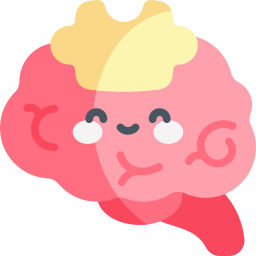

Passion
A strong inclination toward an activity that people like, that they find important, and in which they invest time and energy. Obsessive passion refers to a controlled internalization of an activity in one’s identity that creates an (...)


Patience
The ability to stay calm while enduring frustration, adversity, or suffering in hopes of future fulfillment.


Perfectionism
A personality disposition characterized by striving for flawlessness and setting excessively high standards for performance accompanied by tendencies for overly critical evaluations of one’s behaviour.


PERMA
Measurable elements that make up well-being proposed by Martin Seligman. The five elements that make up the acronym are Positive Emotion, Engagement, Relationships, Meaning, and Accomplishment.


Pessimism
Negative generalized outcome expectancies; an individual difference reflecting the extent to which people hold generalized unfavourable expectancies for their future *Note that this definition considers optimism and pessimism to be (...)


Phasic Strengths
Non signature strengths that an individual brings forth when a situation calls for it. Phasic strengths are sometimes referred to as, “rise-to-the-occasion” strengths.


Phobias
Irrational and specific fears of certain objects or animals.


Piloerection
Involuntary muscle contraction causing hair follicles in the skin to stand (e.g. goose bumps), resulting in increased insulation in response to cold, fear or intense emotional responses (e.g. musical chills).
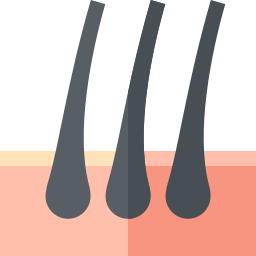

Pity
The negative evaluation and affect (sorrow, discomfort) that witnessing the suffering of others may elicit. Pity is experienced when the target’s suffering is a result of uncontrollable causes, independent of the locus of the cause. Further, (...)
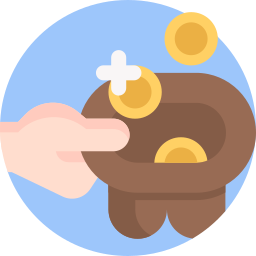

Placebo
A medically or chemically inert substance or procedure that a person (usually participant or the researchers) believes will help them or make them recover. Placebos are used in scientific research to determine the effectiveness of the drug or treatment.
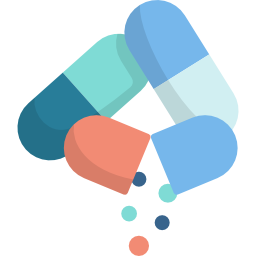

Playfulness
An individual difference that allows people to frame or reframe everyday situations in a way such that they experience them as entertaining, and/or intellectually stimulating, and/or personally interesting.


Positive Affect (PA; Extraversion)
Susceptibility to positive affect. Individuals high on trait extraversion, relative to those low on trait extraversion, are more likely to have an appetitive motivation system that appears to motivate approach behaviour through (...)
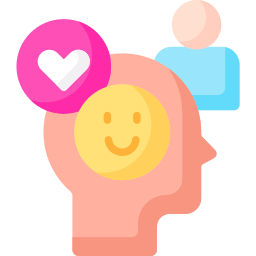

Positive and Negative Affect Schedule (PANAS)
A 20-item self-report scale commonly used to assess mood, comprising of 10 positive and 10 negative state items. Items are rated on a 5 point Likert scale (1: Not at all, 5: Extremely), with higher scores indicating predominant mood.
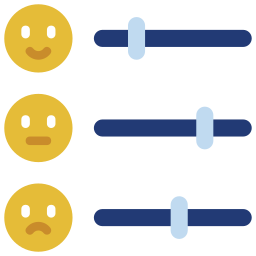

Positive Emotions (Pleasant Emotions)
The valence (subjective experience, usually in terms in attractiveness or aversiveness) of emotions that is characterized by pleasure, pleasantness and motivates approach-type behaviours.


Positive Humanities
The field of inquiry and practice directed toward understanding how expressions of the human mind (i.e. the humanities) and culture contribute to well-being.


Positive Organizational Behaviour (POB)
The study and application of positively oriented human resource strengths and psychological capacities that can be measured, developed, and effectively managed for performance improvement in today’s workplace.


Positive Psychology
An umbrella term for the study of positive emotions, positive character traits, and enabling institutions. The science of positive subjective experience, positive individual traits, and positive institutions.


Post-Traumatic Growth (PTG)
A potential consequence of the cognitive effort to redefine one’s beliefs (following a traumatic experience), and rebuild their assumptive world. Consequently, individuals may reexamine many aspects of their lives and recognize growth on (...)


Post-Traumatic Stress Disorder (PTSD)
An anxiety disorder developed after a confrontation with a traumatic event. The core features of PTSD are the persistence of intense, distressing, and fearfully avoided reactions to reminders of the triggering event, alteration of mood and (...)


Prefrontal Cortex
The area of the frontal lobe nearest to the nose highly developed in primates (especially humans) involved in attention, working memory, planning & decision making.


Pride
A self-conscious emotion arising from achievements that can be attributed to one’s abilities or effort. Attributing positive events to internal, unstable, controllable causes (e.g. effort) promotes authentic pride, whereas attributing the (...)


Progressive Muscle Relaxation
A technique in which a person is trained to voluntarily relax individual muscles. It induces both physiological and psychological relaxation by reducing the response to stress, reducing skeletal muscle contractions, and decreasing the sensation of pain.
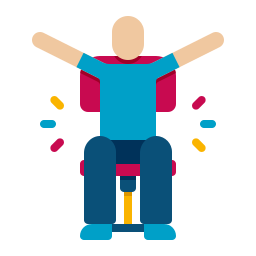

Prosperity
A combination of qualities in a country – namely, inclusive societies, open economies, and empowered people, that allow people the opportunity and freedom to thrive.


Psychological Capital
An individual’s positive psychological state of development and is characterized by having confidence to take on and put in the necessary effort to success in challenging tasks, making positive attribution about succeeding now and in the (...)


Psychological Richness
An experience of life that is characterized by a variety of interesting and perspective-changing experiences.


Psychological Safety
The perception that one is safe for taking interpersonal risk in a particular context.


Psychopathy
A socially devastating disorder defined by a constellation of affective, interpersonal, and behavioural characteristics, including egocentricity; impulsivity; irresponsibility; shallow emotions; lack of empathy, guilt or (...)


